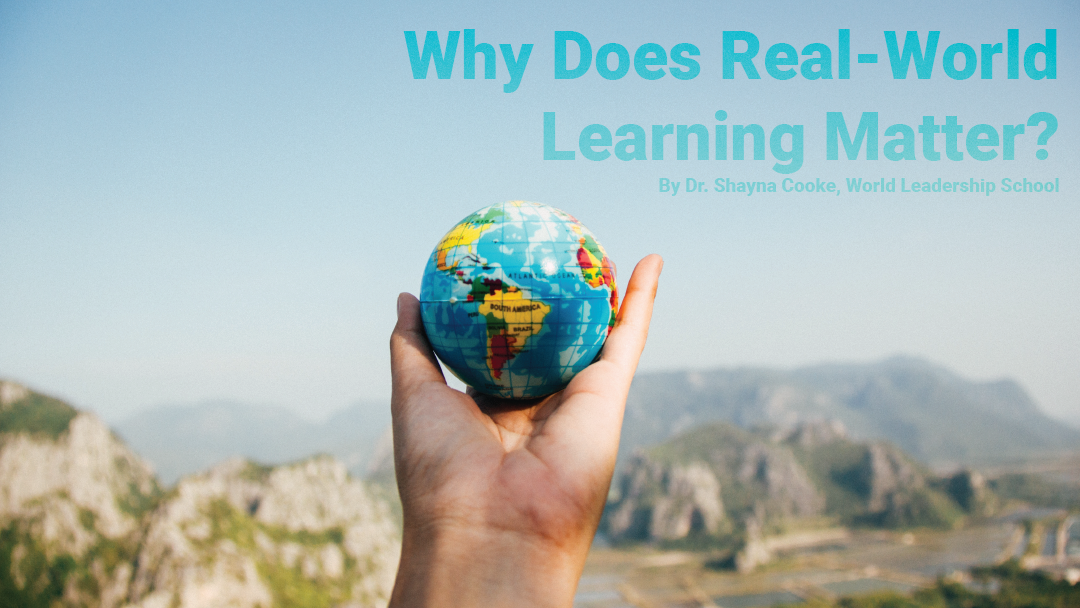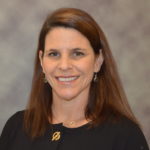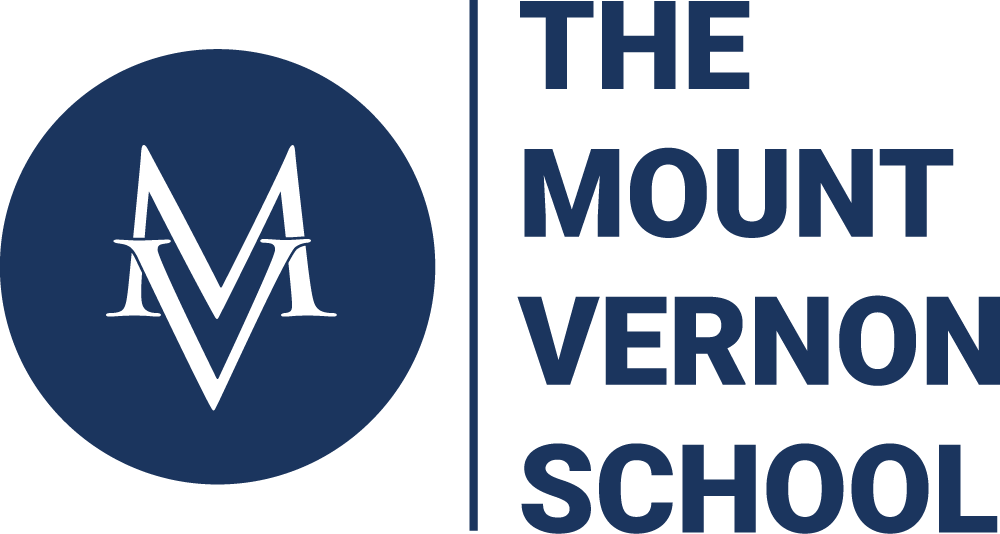Contributor: Shayna Cooke

Project-Based Learning. Design Thinking. Place-Based Learning. Cooperative Learning. Differentiated Instruction. Grit. Growth Mindset.
In an era of educational buzzwords and rapidly changing paradigms within educational institutions, it can be overwhelming to keep up with and fully understand each new initiative, for educators and parents alike. Schools are being asked to shift the focus of teaching and learning within the school walls from a teacher-centered lecture model to a student-centered experiential model that encompasses “real-world learning”, but what does that even mean?
What Does “real-world” Even Mean?
According toRobin Lake (2019), “America’s future depends heavily on whether education, from preschool through adult professional training, can adapt to a rapidly changing world.” Sir Ken Robinson (2010), in his TedTalk entitled “Changing Educational Paradigms” explains that schools are beginning to reform education in response to the rapidly changing global economy and increase of globalization.” He goes on to explain that the old adage of “ ‘if you went to school, did well, went to college and graduated, you will get a job is not what college graduates are experiencing anymore.” The model of education that has persisted in this country since the industrial era has not changed significantly over the last few decades and certainly not as quickly as the world itself is changing. Because of this, students are entering a world for which they are not adequately prepared.
Teachers As Facilitators, Showing Students How To Explore
Robinson (2010) goes on to say that, “our children are living in the most intensely stimulating period in the history of the earth. They are being besieged with information from every technological platform created”. We know that the face of technology is changing the way that education is being viewed and content is being delivered. Gone are the days of the teacher standing in the front of the room, lecturing students on the fundamentals of photosynthesis or history. Students don’t need nor thrive any longer in a content delivery setting but in a setting where the teacher functions as a facilitator of knowledge and skill development. Students don’t need teachers to tell them the answer anymore, they need teachers to show them how to seek the answers to their questions.
“America’s future depends heavily on whether education, from preschool through adult professional training, can adapt to a rapidly changing world.”Robin Lake
Teaching For Jobs That Don’t Yet Exist
The purpose of education has historically tried to evolve with the needs of society but we are in such a period of technological growth and globalization that schools are struggling to keep up. The skills that students now need are for jobs that have yet to be created. In schools across this country, our young people are demonstrating that they are willing and able to solve the most complex social, technological, and economic challenges and ready themselves for the future if we give them the chance (Lake, 2019). Our job, as educators and schools, is to give students exposure to experiences that will allow them to practice the development of these skills in a safe environment. Real World Learning allows students to engage with community partners and businesses in an authentic and meaningful way, where the stakes are high and their ideas and recommendations are valued by members of the community. Real World Learning asks students to collaborate with their peers and critically think their way through issues that are actually impacting their community, their country, and the world. More than that, Real World Learning takes students past “knowing” and into “doing”.
Real-World Learning Takes Students Past “knowing” And Into “doing”.
Students are asked to learn deeply about problems and projects and then take action towards solving those same problems. This experience and exposure to being engaged in the community teaches students not only the fundamentals of reading, writing, and math but also how to be an engaged and responsible citizen. Schools will know that they have been successful at providing a well-balanced curriculum when, at graduation, a student will walk away from the institution as a globally minded, service-oriented individual whose classes were rigorous and provided a real-world focus. These same students will feel prepared educationally and inspired personally to make a positive difference in the world in which we live.
The RSA [Screen Name]. (2010, October 10). Changing Education Paradigms [Video File].

Shayna Cooke
Dr. SHAYNA COOKE, Director of Educator Development is responsible for cultivating a rich environment for faculty development throughout World Leadership School’s network of independent and charter schools. Shayna works to link faculty teaching excellence to student success, advance the scholarship of teaching and learning and evidence-based instructional practices, and advocate for teaching and learning environments that maximize opportunities for all students and faculty to be successful. In 2018, Shayna earned her doctorate in Administration & Leadership from Virginia Commonwealth University. Shayna is an educational innovator with 17 years experience in schools, who focuses on experiential pedagogy and globalization of curriculum to help enhance the learning of students and engage them in the world around them, in a meaningful way. Shayna has been traveling with students, all around the globe, since she started teaching in 2001 and finds those experiences to be the most influential and gratifying experiences of her career.


